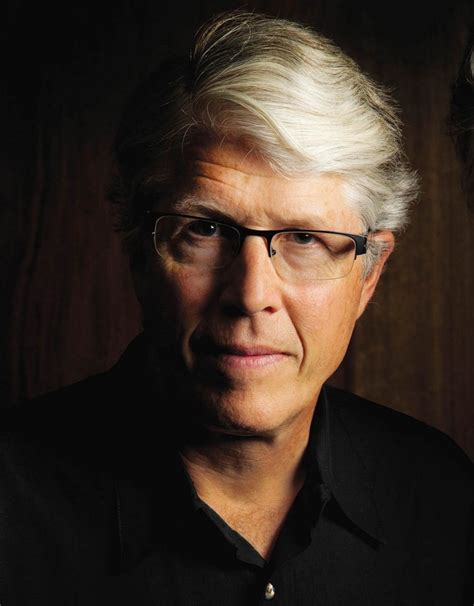A Quote by Karl Wilhelm Friedrich Schlegel
Is it not superfluous to write more than one novel if the writer has not become, say, a new man? Obviously, all the novels of an author not infrequently belong together and are to a certain degree only one novel.
Related Quotes
I think everything you are, everything that engages you, eventually comes to bear on the novel you write. I think the creative energy in novel writing, obviously, comes from tension. From trying to fuse. From trying to make coherent disparate things that might not at all seem to belong together within a narrative.
But novels are never about what they are about; that is, there is always deeper, or more general, significance. The author may not be aware of this till she is pretty far along with it. A novel's whole pattern is rarely apparent at the outset of writing, or even at the end; that is when the writer finds out what a novel is about, and the job becomes one of understanding and deepening or sharpening what is already written. That is finding the theme.
Why do I like to write short stories? Well, I certainly didn't intend to. I was going to write a novel. And still! I still come up with ideas for novels. And I even start novels. But something happens to them. They break up. I look at what I really want to do with the material, and it never turns out to be a novel.
I do think some games are works of art, although their medium is visual rather than verbal. Both games and novels allow the reader/player to become a protagonist in the theater of the imagination. Both build worlds. In my opinion, the big difference between game and novel is in narrative structure. Communal role-playing games are open-plan without an end. A novel - at least the kind I write - has a closed structure with a beginning, a middle, and an end. I like that closed structure, and I feel I can say more with it.
It's very bad to write a novel by act of will. I can do a book of nonfiction work that way - just sign the contract and do the book because, provided the topic has some meaning for me, I know I can do it. But a novel is different. A novel is more like falling in love. You don't say, 'I'm going to fall in love next Tuesday, I'm going to begin my novel.' The novel has to come to you. It has to feel just like love.






































